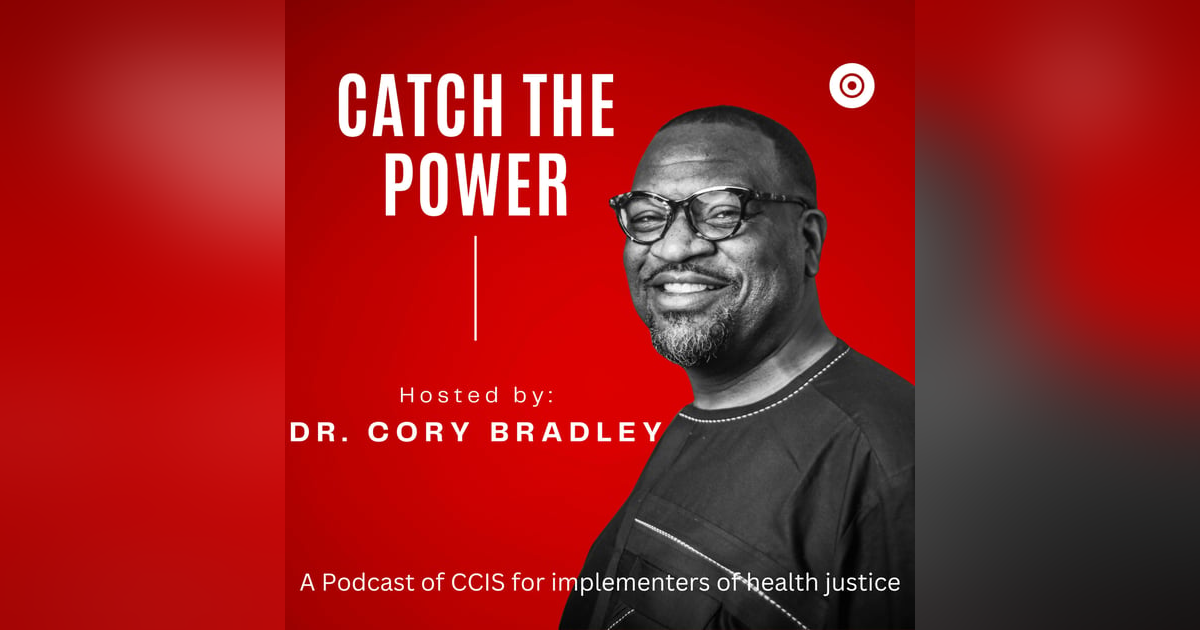

Sign up to get updates from us
By signing up, you agree to receive email from this podcast.


Scientists in countries in Africa have taken a leadership role. In this episode, Dr. Bradley and his friend and colleague, Dr. Nadia A. Sam-Agudu discussed the growing momentum in global health research to support the creation of a research ecosystem free of residual colonial practices and thinking.
The issue of coloniality and injustice in global health is multifaceted and complex. The knowledge system in global health is often built on the foundations of white supremacy and colonialism. As such, there is a need for changes in both the content and the terms of the content in order to address these practices. The impacts of inequity in the enterprise of scientific research are far-reaching, affecting both the communities receiving interventions and care as well as the researchers themselves.
Some of the effects of this inequity include:
Implementation research and practice can contribute significantly to global health priorities in service to health justice, social justice, and equity. Participation approaches can also be effective in remedying inequalities and addressing the influence and effects of colonial, imperialist, and neoliberal regimes. These approaches can empower marginalized communities and promote their active participation in research and decision-making processes.
As for building capacity and power among African scientists to advance the enterprise of research and implementation research among African nations, there are various activities that can be undertaken.
These include:
Providing funding and resources for research initiatives
Promoting collaboration and partnerships between African and non-African researchers
Offering training and mentorship programs for African researchers
While progress has been made in advancing global public health and implementation efforts in these settings, there is still much work to be done. Bold and radical solutions are needed to enable liberated global health. This may involve challenging existing power structures and promoting the active participation of marginalized communities in decision-making processes. It may also involve reimagining the ways in which we approach research and implementation in order to promote health justice, social justice, and equity.
Guest Bio:
Dr. Nadia Sam-Agudu is an Associate Professor of Pediatrics at the Institute of Human Virology in the University of Maryland School of Medicine, Baltimore. She has a BA in Interdisciplinary African Studies, which helped to root and frame her subsequent medical and research career. Her clinical and research specialty is pediatric infectious diseases. Since 2010, she has worked full-time in Nigeria at the Institute of Human Virology Nigeria in Abuja.
Dr. Sam-Agudu’s research focuses on the use of implementation science methods to develop and deliver interventions for the prevention and treatment of HIV and other major infectious diseases among children and adolescents in Nigeria and other African countries. Over time, she has woven the principles of health equity, justice and decolonization into her career development, her research, and her collaborations.
She is an active member of the Nigeria Implementation Science Alliance (known as NISA) and the NIH Adolescent HIV Implementation Science Alliance (AHISA). She also leads the Central and West Africa Implementation Science Alliance (CAWISA).
Social Media Handles:
Twitter: @NASAdoc
Facebook: https://web.facebook.com/garifoto
LinkedIn: https://www.linkedin.com/in/nasamagudu/